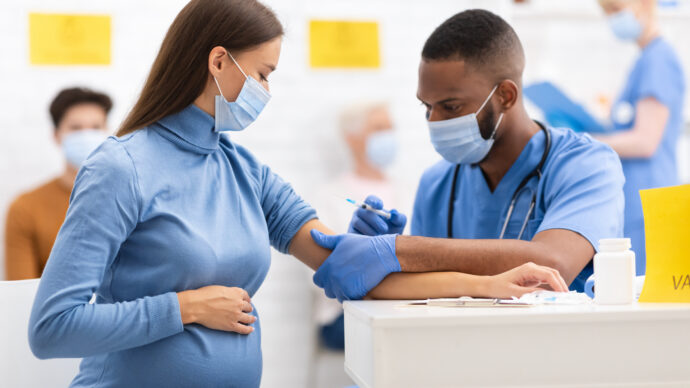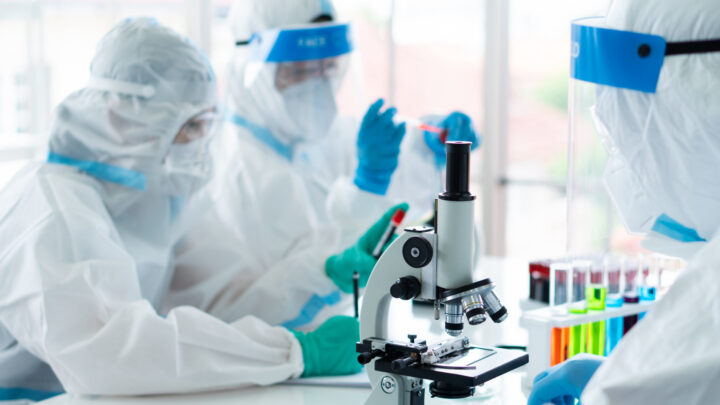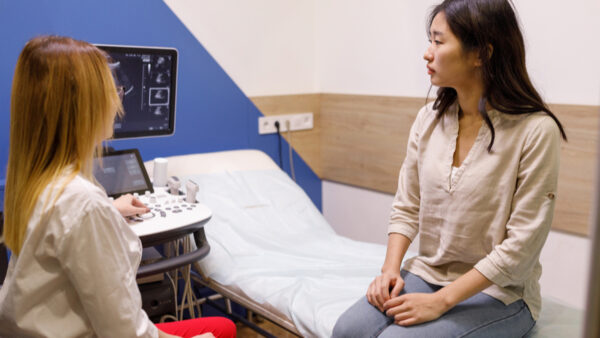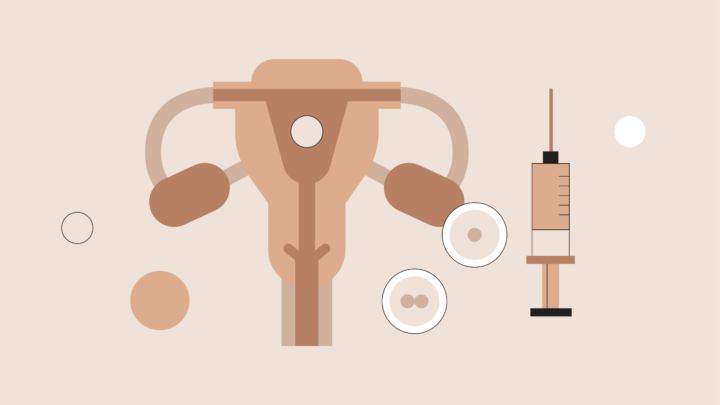
The World Health Organization recently said on its website that ‘we don’t have any specific reason to believe there will be specific risks that would outweigh the benefits of vaccination for pregnant women.’ And the CDC is encouraging pregnant women to have conversations with their doctors and make the decision for themselves. But there have been no vaccine trials that include pregnant women as a group, so there is no hard data one way or the other.
According to Johns Hopkins Medicine, “Although the overall risks are low, people who are pregnant or recently pregnant are at an increased risk for severe illness from COVID-19 compared with people who are not pregnant. Severe illness includes illness that requires hospitalization, intensive care, need for a ventilator or special equipment to breathe, or illness that results in death. Additionally, people who have COVID-19 during pregnancy are at increased risk of preterm birth and stillbirth and might be at increased risk of other pregnancy complications…
The CDC includes people who are pregnant among groups at high risk for severe COVID-19 illness. The decision to receive the COVID-19 vaccine should be a shared decision among the person who is pregnant, the care partner(s) and medical provider(s)…
Receiving the COVID-19 vaccine will not affect your fertility. People actively trying to conceive may get the current COVID-19 vaccines — there is no reason to delay pregnancy after completing the vaccine series. The American Society for Reproductive Medicine reports that there are no fertility-related reasons to not receive a vaccine.
Confusion regarding this issue arose when a false report surfaced on social media, saying that the spike protein on the coronavirus that causes COVID-19 is the same as another spike protein, syncytin-1, that is involved in the growth and attachment of the placenta during pregnancy. The false report said that getting the COVID-19 vaccine would cause the body to fight this spike protein and affect fertility. The two spike proteins are completely different, and receiving the COVID-19 vaccine will not affect the fertility of people who want to become pregnant, including through in vitro fertilization methods. During Pfizer vaccine tests, 23 women volunteers in the study became pregnant, and the only one in the trial who had a pregnancy loss did not receive the vaccine — she got a placebo.”
In a recent poll of 400+ global Sermo physicians, 64% said they believe it is safe for pregnant women to receive the Covid-19 vaccines, while 36% said it is not. When it comes to breastfeeding women, 79% of doctors said they believe it is safe for this group to receive the vaccines. Eighty-two percent of the doctors agree with the CDC that women should have the conversation with their doctor and then make the decision that is right for themselves. But 77% are concerned that the advice over the vaccines’ safety for pregnant women is inconsistent. Regarding the general safety of the gene-based technology messenger RNA, which is behind the Pfizer and Moderna vaccines, 82% said they believe that it is safe.
Below, Sermo physicians from around the world share their professional insights, perspectives, and opinions on this important topic—in their own words:
No product in the experimental phase can be safe in pregnancy and lactation. And a lot still needs to be known about these vaccines
Pediatrics (excluding surgery)
In the absence of an opinion from recognized organizations, the patient-physician agreement should always guide the decision.
Neurology
mRNA has a transient lifetime in the body and cannot alter existing genetics.
Allergy & Immunology
As a physician, we make our decisions based on the evidence. In this case, unfortunately, we need more information, and in order to have it we’ll need more time.
General Practice (GP)
The risk of Covid 19 infection on a pregnancy is definitely serious and probably the vaccine is equally or less risky than an infection. The mother needs to make the final call.
Family Medicine / Practice (FP)
Patients have a right to accurate information and absent clear indications and safety they should get to decide. If there were clear, abundant safety data suggesting no fetal or maternal harm I would be fairly stern in asking all my pregnant patients at high risk to get vaccinated. No data is much harder.
Allergy & Immunology
Everyday thousands of Sermo member physicians from diverse backgrounds and experiences exchange knowledge with each other. Sermo is the original medical social network that empowers today’s physicians. Over 1 million fully verified physicians across more than 150 countries come to our platform to talk with peers, participate in paid medical studies, solve challenging patient cases, contribute to the world’s largest database of drug ratings – and enjoy a few laughs along the way.
Interested in more? Check back any time and follow us on Facebook, Twitter, and LinkedIn for the latest and greatest in physician insights.
Are you a physician or healthcare practitioner?
Explore the many benefits of joining Sermo’s medical community and sign up for free today.














